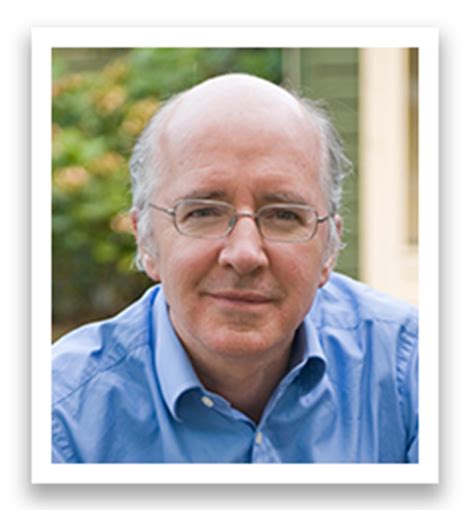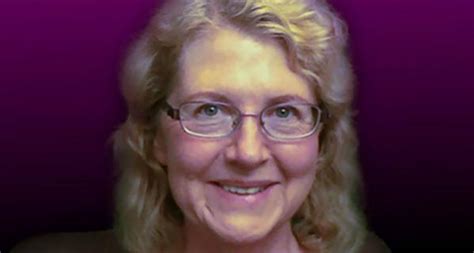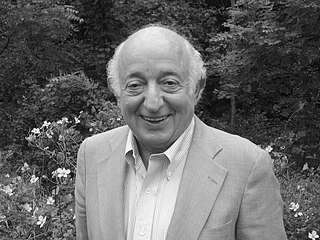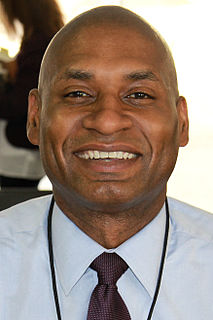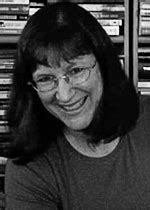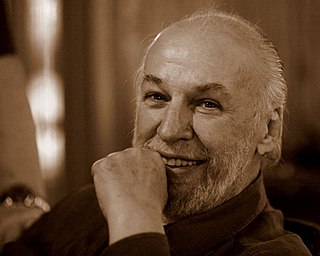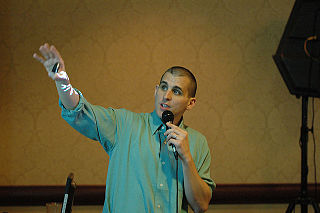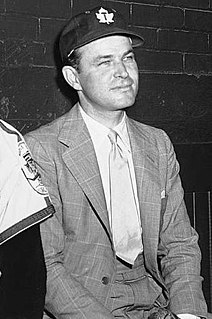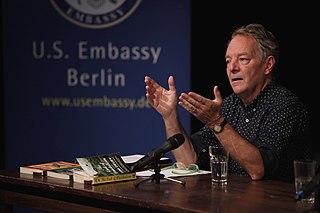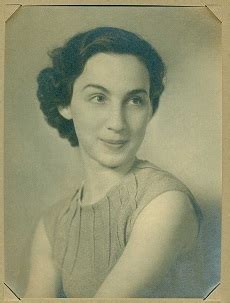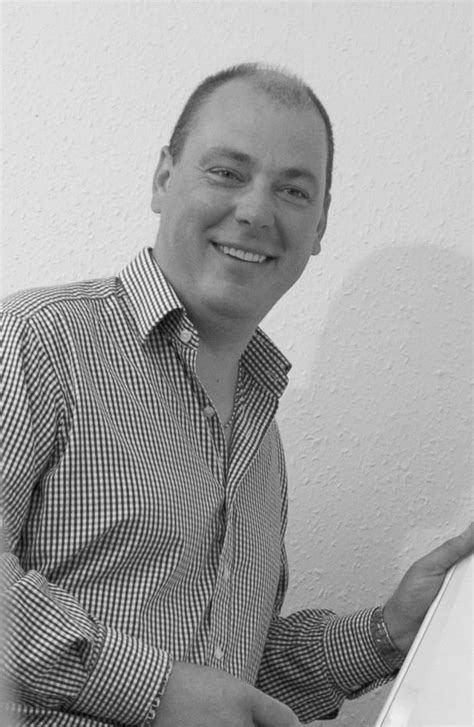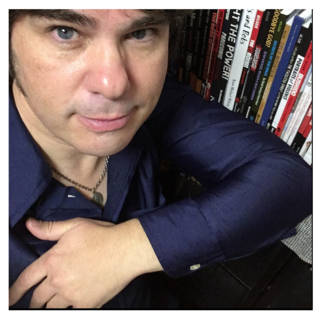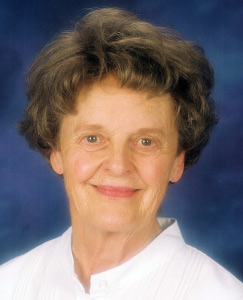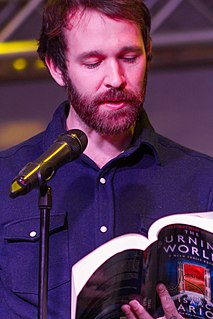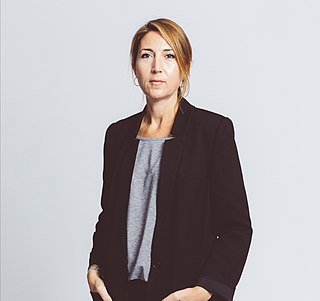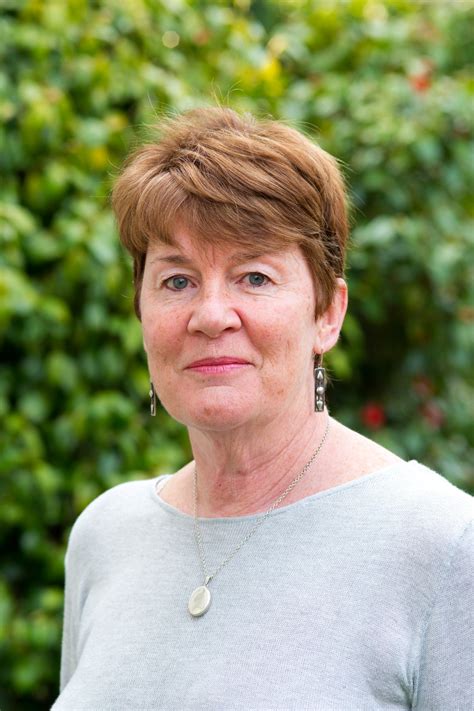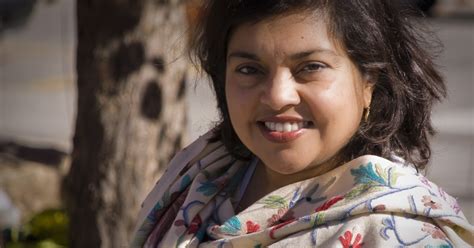Top 1200 Writing A Book Quotes & Sayings - Page 5
Explore popular Writing A Book quotes.
Last updated on April 21, 2025.
That underscored this idea that when we're reading a book or writing a book, you're in an act of co-creation. The reader and the writer are both trying to dress up and present their best selves and then there's that moment, when suddenly, as a reader, you're not exactly you anymore, and likewise, as a writer, you're not really you.
'Seize the Story' takes readers all the way through the process of writing fiction, from beginning to end. Every element, from dialogue to setting, plotting to character creation, is laid out and illustrated with examples. But the tone of the book is not that of a dry writing manual - it's definitely written for teenagers.
Go where the pleasure is in your writing. Go where the pain is. Write the book you would like to read. Write the book you have been trying to find but have not found. But write. And remember, there are no rules for our profession. Ignore rules. Ignore what I say here if it doesn't help you. Do it your own way. Every writer knows fear and discouragement. Just write.The world is crying for new writing. It is crying for fresh and original voices and new characters and new stories. If you won't write the classics of tomorrow, well, we will not have any.
I had an insanely long commute - New York to D.C. - when I worked at 'National Geographic.' I hate to waste time, so I spent my time by writing about my life on the premise that I might be able to pitch those as short essays to magazines. It wasn't until later that I realized that I was writing a book.
I noticed when I was writing the book that I would tend to mention 'outside' songs right through to about the middle of the 70's. And then all of a sudden that starts disappearing from the book, and just about everything I'm talking about from that point on are the records that I'm totally involved in.
There are books full of great writing that don't have very good stories. Read sometimes for the story... don't be like the book-snobs who won't do that. Read sometimes for the words--the language. Don't be like the play-it-safers who won't do that. But when you find a book that has both a good story and good words, treasure that book.
I'm no longer religious, but the Bible fascinates me. Hardly anyone reads it anymore, but it's got everything: it's a book of poetry, it's a book of principle, it's a book of stories, and of myths and of epic tales, a book of histories and a book of fictions, of riddles, fables, parables and allegories.
I was asked in an interview once: You're writing another book with a female lead? Aren't you afraid you're going to be pigeonholed? And I thought, I write a team superhero book, an uplifting solo hero book, I write a horror-western, and I write a ghost story. What am I gonna be pigeonholed as? Has a man in the history of men ever been asked if he was going to be pigeonholed because he wrote two consecutive books with male leads?
There are many important books on oral history. My book was the launch title in the Understanding Qualitative Research series with Oxford University Press. I think what makes my book and all of the series books unique is the emphasis on writing instruction for researchers who want to use the method being described.
I hate outlines. I have a broad sense of where the story is going; I know the end, I know the end of the principal characters, and I know the major turning points and events from the books, the climaxes for each book, but I don't necessarily know each twist and turn along the way. That's something I discover in the course of writing and that's what makes writing enjoyable. I think if I outlined comprehensively and stuck to the outline the actual writing would be boring.
When I was living in Mexico and writing a book called 'Aztec,' I had to make a deliberate effort to ignore a lot of the 'typically Mexican landscape' around me - banana and citrus groves, roses and carnations, burros and toros - because they did not exist in Mexico in the 15th century, the time of my book.
The thing is that I don't normally think in terms of manga when I'm writing. Sounds odd from someone who has is getting a reputation for doing manga related work. But I would say that my scripts are NOT manga at the stage of my writing process, they are just comic book stories in a more general sense.
The success of 'The Widow' meant there were expectations for the second book from the first word, and it has created a completely different writing experience. Not to say I haven't enjoyed writing 'The Child,' but I confess there were times when I felt as if I was wrenching it out of my body with bloodied fingernails!
Writing objects to the lie that life is small. Writing is a cell of energy. Writing defines itself. Writing draws its viewer in for longer than an instant. Writing exhibits boldness. Writing restores power to exalt, unnerve, shock, and transform us. Writing does not imitate life, it anticipates life.


